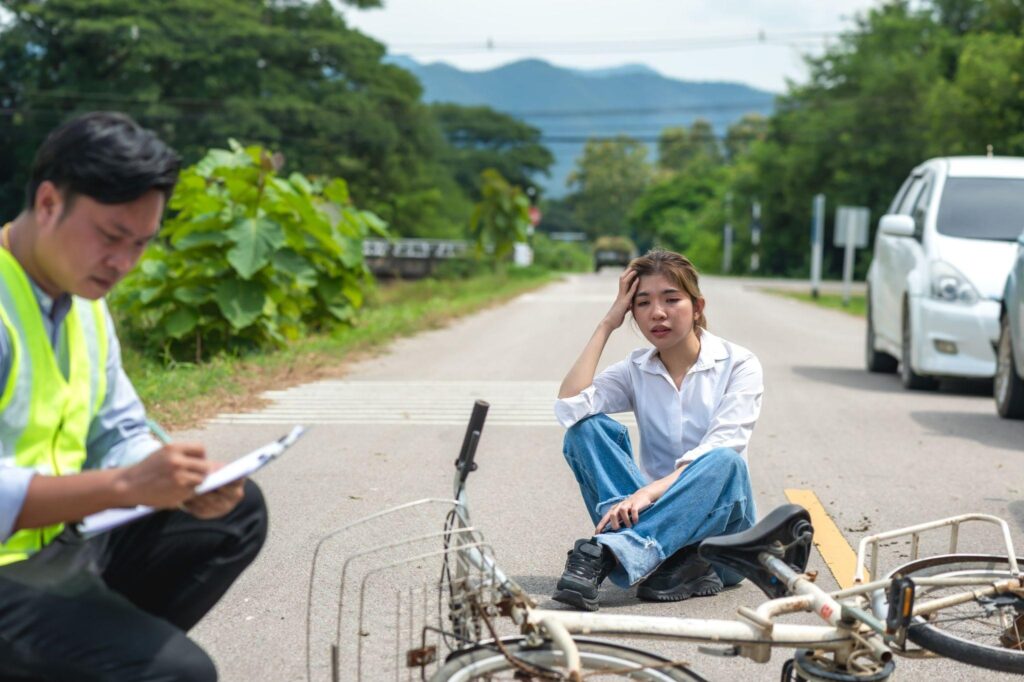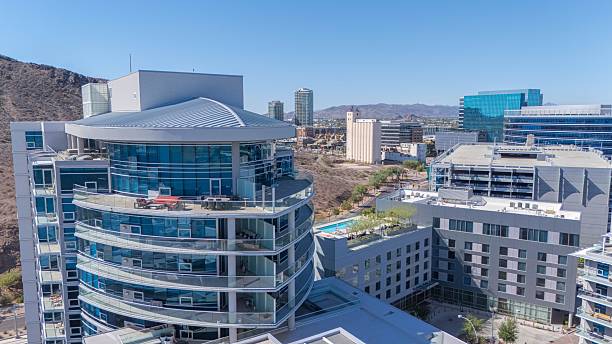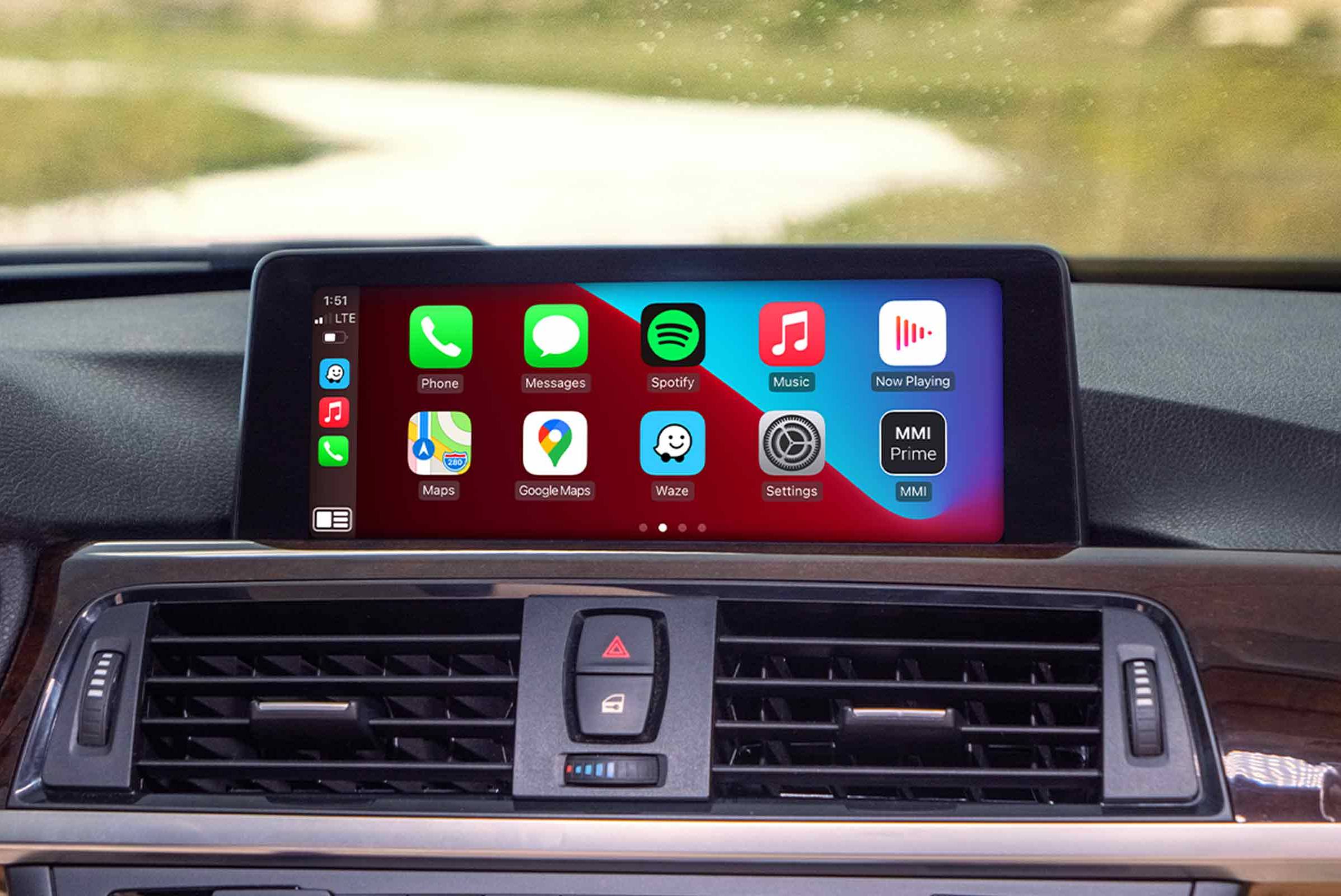A bicycle accident can happen in seconds, but what comes next often lasts for months. Riders are left juggling medical visits, police reports, and insurance calls, all while trying to get back on the road. It’s easy to assume that filing a claim is simple — but small misunderstandings can quietly change everything.
An experienced Florida bicycle accident lawyer knows that confusion, not complexity, is what delays most claims. Below are a few of the most common myths that make recovery harder, and the truth behind them.
Myth #1: “If I wasn’t wearing a helmet, I can’t file a claim.”
This belief keeps far too many riders from seeking compensation. Florida law allows motorcyclists and bicyclists over 21 to ride without a helmet if they carry minimum medical insurance. Not wearing one may affect how head injuries are evaluated, but it doesn’t cancel your right to file a claim.
Under Florida’s comparative-negligence system, responsibility can be shared. If the driver ran a red light or was distracted, that evidence still holds weight regardless of helmet use. The key is medical documentation showing that the injury came directly from the crash, not assumptions about what might have prevented it.
Myth #2: “The driver’s insurance will cover everything.”
That’s rarely true. Florida operates under a “no-fault” system, meaning Personal Injury Protection (PIP) insurance covers the policyholder’s medical bills up to a limit, regardless of who caused the crash. But cyclists aren’t always automatically covered under a driver’s PIP policy.
Depending on the situation, a rider might need to claim through their own auto insurance, a household member’s policy, or pursue damages directly from the driver. Even then, most policies don’t cover long-term therapy, lost wages, or pain and suffering. Those require separate fault-based claims.
The takeaway? Never assume a single policy covers it all. It’s better to confirm coverage early than to discover gaps after bills arrive.
Myth #3: “A police report is all the proof I need.”
Police reports help — but they’re not the final word. Officers record what they see and hear in the moment, often under pressure to clear the scene. Reports might miss subtle but critical details, such as poor road design, weather conditions, or distracted driving.
Florida law even limits how much crash reports can be used in court. They support claims, but they don’t decide them. Strong evidence comes from multiple places: photos of the scene, medical records, bike-repair invoices, and witness statements.
Think of the police report as the first chapter of a story that still needs to be told completely.
Myth #4: “If I feel fine, I don’t need medical attention.”
Adrenaline can hide serious pain. Neck, back, and head injuries often take days to show symptoms. Florida’s PIP rule also requires medical treatment within 14 days of the accident for the coverage to apply. Skipping a doctor visit can not only risk health but also weaken a future claim.
Doctors create the medical paper trail that links injuries directly to the accident. Without it, insurers can argue that pain or mobility issues came from something else.
Even Florida bicycle accident lawyers advise: get checked, even if you think you’re okay. Medical records are evidence, and evidence keeps your options open.
Myth #5: “Hiring a lawyer means going to court.”
This one stops people from asking for help when they need it most. The truth is that most personal-injury cases — including bicycle accidents — never go to trial. Lawyers spend most of their time negotiating with insurance companies, collecting documentation, and making sure clients don’t sign away rights too early.
Legal support isn’t about confrontation; it’s about protection. A short consultation can clarify timelines, strengthen paperwork, and make sure evidence isn’t lost in the shuffle.
Many riders contact a lawyer not to start a lawsuit, but simply to understand what comes next — and that single step often prevents bigger problems later.
What Cyclists Should Do Instead
A few careful steps can make a huge difference in how smoothly a claim moves forward:
- See a doctor immediately. — Even minor pain should be checked and recorded.
- Take photos — Photos of the scene, your bike, vehicles, and any visible injuries.
- Get witness — Names and numbers before people leave.
- Keep receipts and reports — medical, repair, or insurance.
- Be cautious in insurance calls. — Stick to facts, not assumptions or apologies.
- Ask questions early. — Guidance helps you make informed, calm decisions.
You don’t need to do everything perfectly; you just need to protect what’s important before it disappears.
Why Clarity Matters More Than Speed
It’s tempting to settle fast and move on, but quick settlements often overlook long-term needs like therapy, income loss, or chronic pain. A slower, informed approach ensures the outcome fits your real recovery, not just the immediate bills.
Patience gives you perspective, and perspective leads to fairness.
Closing Thought
Bicycle accident claims aren’t won through luck or speed; they’re won through understanding. Myths and assumptions can distort the process, but truth restores balance.
The more cyclists know about their rights, deadlines, and evidence, the smoother the recovery becomes. An informed rider isn’t just safer on the road; they’re stronger after an accident, too.






